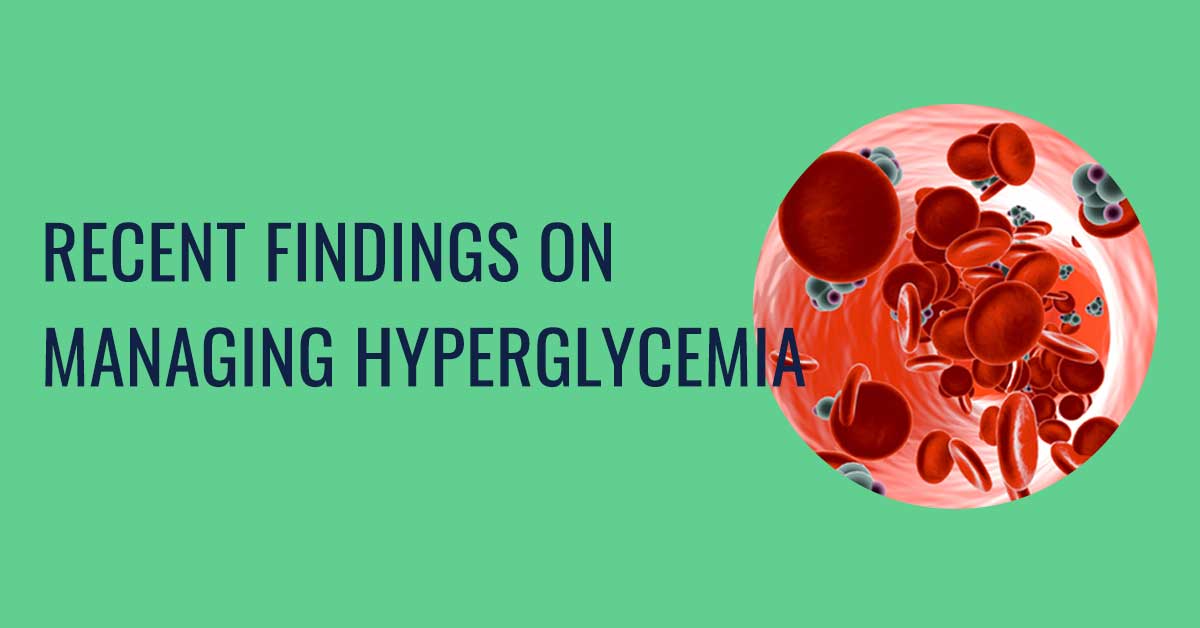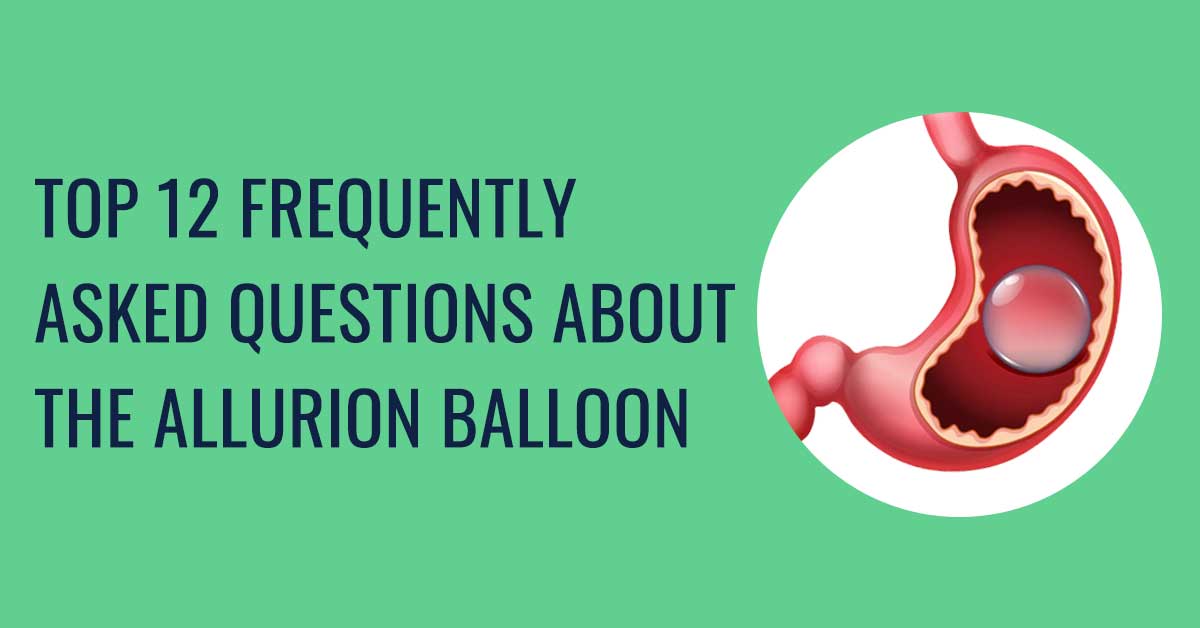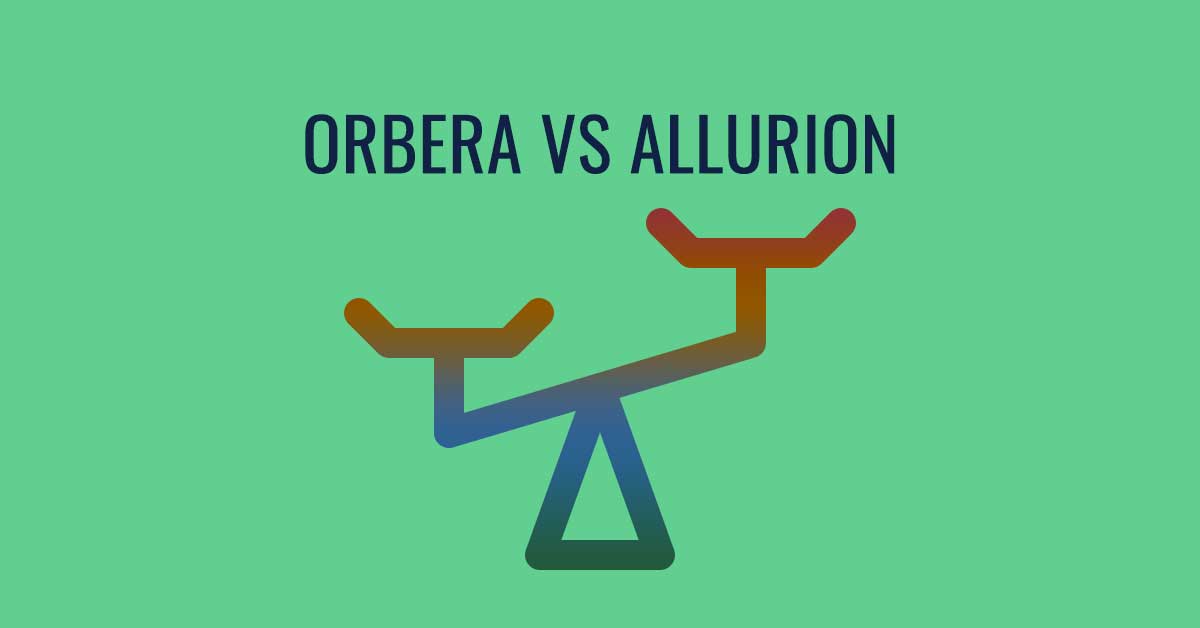As a dietitian, hearing things like “I’m always hungry” “I eat all the time” are not uncommon and I get how frustrating it can feel when there doesn’t seem to be an ‘off switch’ for your appetite. That constant hunger, never full, just want to eat feeling always playing tug of war with your head and any attempt you are trying to make to lose weight. Your mind and your body just aren’t on the same page.
Essentially, there are two types of hunger – emotional hunger and physical hunger.
One of the most common reasons why we eat other than being hungry is because of the feelings we are experiencing at that given point in time. Some people use food to cope with stress, anxiety, boredom and even happiness and joy and it can form part of our socialization rituals as well.
Physical hunger on the other hand is regulated by your body through your hunger hormones. Our bodies are programmed to seek food when our body needs it. Some of the physical signs you might notice is that your stomach is empty, it might be growling, your blood sugar has dropped or you are losing concentration.
Difference between Emotional Hunger & Physical Hunger
| Emotional Hunger | Physical Hunger |
| It’s sudden | It’s gradual |
| It’s urgent | It can wait |
| Is for a specific food | You are open to what food you eat |
| Is often automatic, distracted and mindless eating | Includes awareness and mindful eating |
| Finds it difficult to stop when you are full | Finds it easy to stop when you are satisfied |
| Can feel guilty afterwards | Feel neutral afterwards |
How do you determine if you are physically hungry?

One of the simplest tools we have to better understand your bodies cues, give it the nourishment it needs, when it needs and stop the unintentional overeating is the hunger and fullness scale.
It’s a simple scale from 0-10 to help you pinpoint your body’s cues so you can learn to eat when you are hungry (like really hungry) and stop when you are full (like actually full). It’s step 1 to becoming an intuitive eater without relying on tracking apps, portion control devices or points systems. It’s about learning the skill that will last you a lifetime.
How to use it.
- Check-in with yourself before a meal or before you eat.
- Aim to eat something when you are around a 3-4 on the scale
- Check-in with yourself after your meal. How full are you?
- Work on stopping when you are around a 6-7 on the scale
- Be mindful of how waiting too long to eat impacts your choices and pace of your meal and how eating too many impacts your overall eating experience.
When we are ravenously hungry, somewhere around a 1-2 on the scale, we tend to want to reach for anything we can, which is not always the healthiest choice, and we eat really fast so we tend to overeat.


The reason this works so well is that the better you are able to tune into your body, the easier it is for you to eat the right amount at the right time.
If you feel like your eating habits are being driven by other elements in your life other than physical hunger and you would like some help with getting back on track and becoming an intuitive eater, our team of dietitians would love to help.











